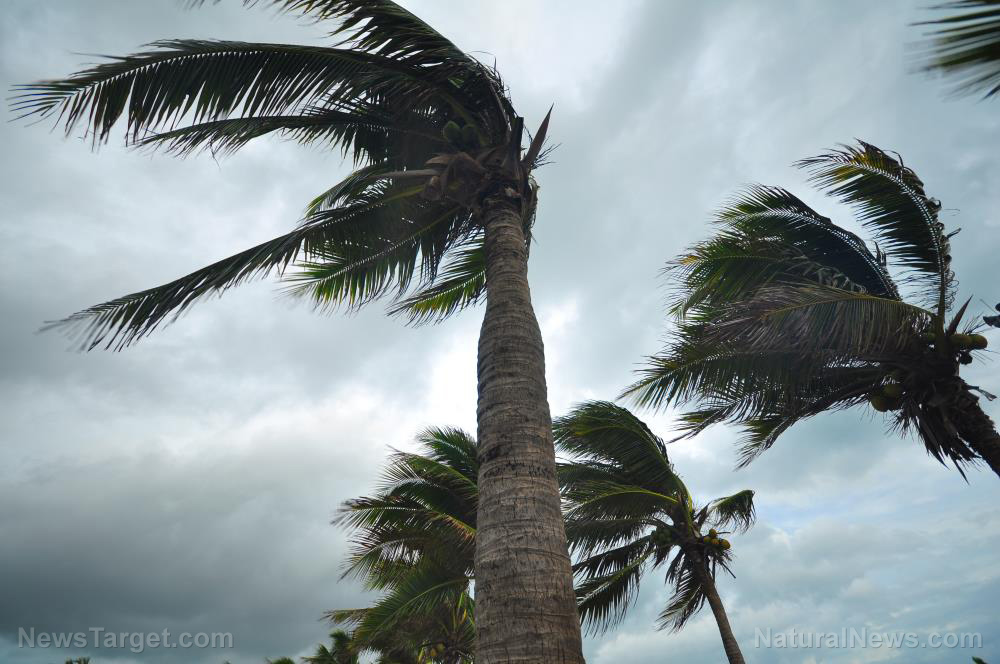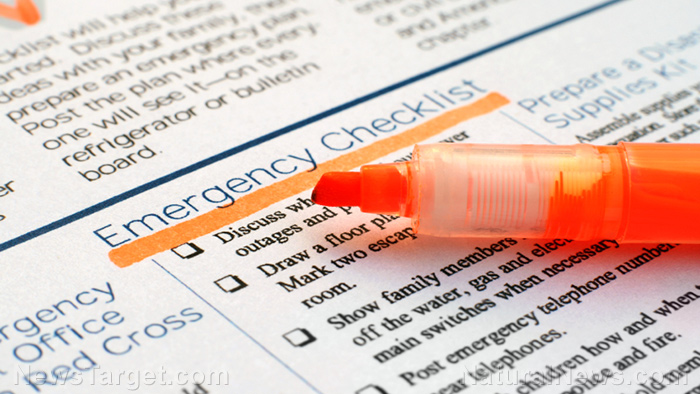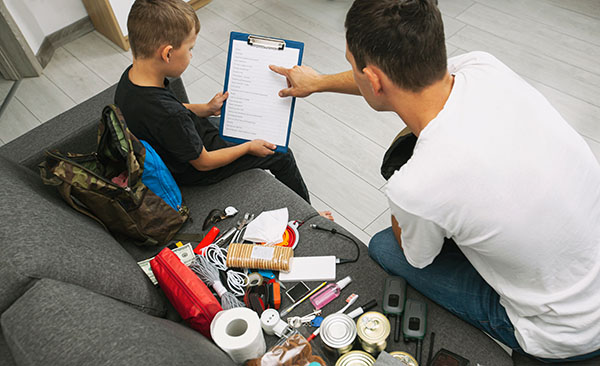
With the Atlantic hurricane season well underway, it's important to make sure that your property is ready for the next big hurricane. Hurricanes can be destructive events. You don't want to be scrambling at the last minute cutting away dead branches or removing outdoor furniture with a hurricane approaching.
Don't wait until a hurricane watch is issued. You can reduce the impact of future hurricanes on your property by taking certain precautions well ahead of a hurricane watch.
Plus, being prepared will help you and your family get through any hurricane emergency with less stress.
Here's what you need to do to prepare your property for hurricane season:
- Prune trees. Don't underestimate the damage that big tree branches can do to your roof and windows. Call a professional tree service or prune the trees yourself if you know how to use a chainsaw.
- Cut dead branches. Check the trees in your yard for any rotting branches and cut those off. They can fly off and hit a window or land on the roof of your car.
- Remove dead trees. If you have dead trees on your property, remove them immediately. Check trees for wounds or signs of decay as well. Unhealthy or dying trees should also be removed.
- Stake young trees. Young or newly planted trees with slender trunks should be staked to the ground. This ensures they won't get swept away or uprooted so easily when a hurricane passes through.
- Bring potted plants indoors. Strong winds can easily topple your potted plants. Place them in your garage or outdoor shed temporarily until the hurricane warning is lifted.
- Lay tall potted plants on their sides. If you have tall potted plants that won't fit in the garage, just lay them on their sides outdoors or put them in a shed.
- Stake trellises. Plants reinforced with trellises, like tomatoes and bell peppers, should also be staked because they can be easily blown away given strong winds.
- Harvest fruits and vegetables. Strong winds can strip fruit trees bare, while the runoff from heavy rains can lay waste to your vegetable garden. Make sure to harvest any produce you have.
- Turn off your irrigation system. You won't need to worry about water with a hurricane approaching. Your irrigation system could also be damaged during a hurricane, so it's best to turn it off.
- Clean the gutters. Remove debris from your gutters and on your roof. This is also a good time to see if your gutters are still securely attached to your house. Replace damaged gutters.
- Remove outdoor furniture or decorations. Outdoor furniture and decorations can become deadly projectiles in the face of a hurricane. Put them away in the garage or in an outdoor shed. Move your garbage cans into the garage as well.
- Mow the lawn. Once you've pruned your trees and put away your potted plants and outdoor furniture, mow your lawn. Make sure to cut it lower than you normally do. It's easier to clean up debris after a storm has passed when the grass is shorter.
Other hurricane prep tips
Here are other things you can do in your home and on your property to prepare for hurricane season:
- Prepare an evacuation plan. Hurricanes can be unpredictable so you can't leave anything to chance. Prepare an evacuation plan for you and your family. (Related: Worst-case scenario: How to help your family survive when SHTF.)
- Stock up on essentials. Make sure you have enough food, water and sanitation supplies. Flash floods, debris and damaged structures along roads can make it difficult to make grocery runs after a storm.
- Secure wall hangings. Put away framed pictures or paintings as the storm approaches.
- Move cars to higher ground. If you live near a body of water, move your car/s to higher ground.
- Charge cell phones and other electronic devices. Dead branches, lightning and strong winds might damage power lines during a storm. Charge your electronic devices in case of an outage.
- Unplug appliances. Unplug appliances and move them away from doors and windows.
- Secure important documents. Keep important documents in a steel safe or waterproof storage.
- Install storm shutters. If you live in a hurricane-prone area, consider installing storm shutters. They help protect your windows from flying debris, wind and rain.
Hurricanes can be costly and stressful for homeowners in hurricane-prone regions. But they don't have to be, as long as you take the necessary precautions before one strikes.
Learn more about preparing for storms and other natural disasters at Preparedness.news.
Sources include:
Please contact us for more information.





















